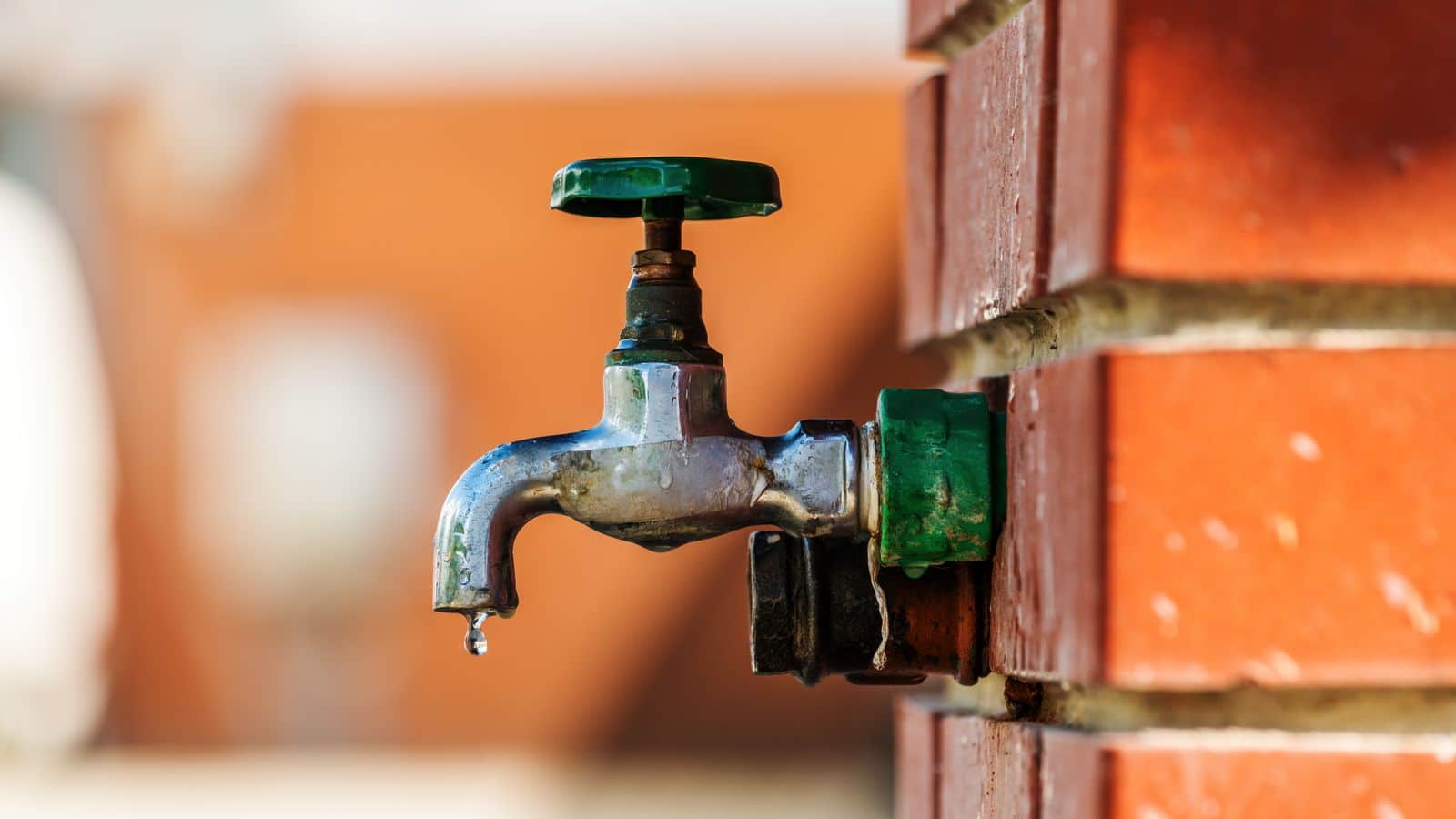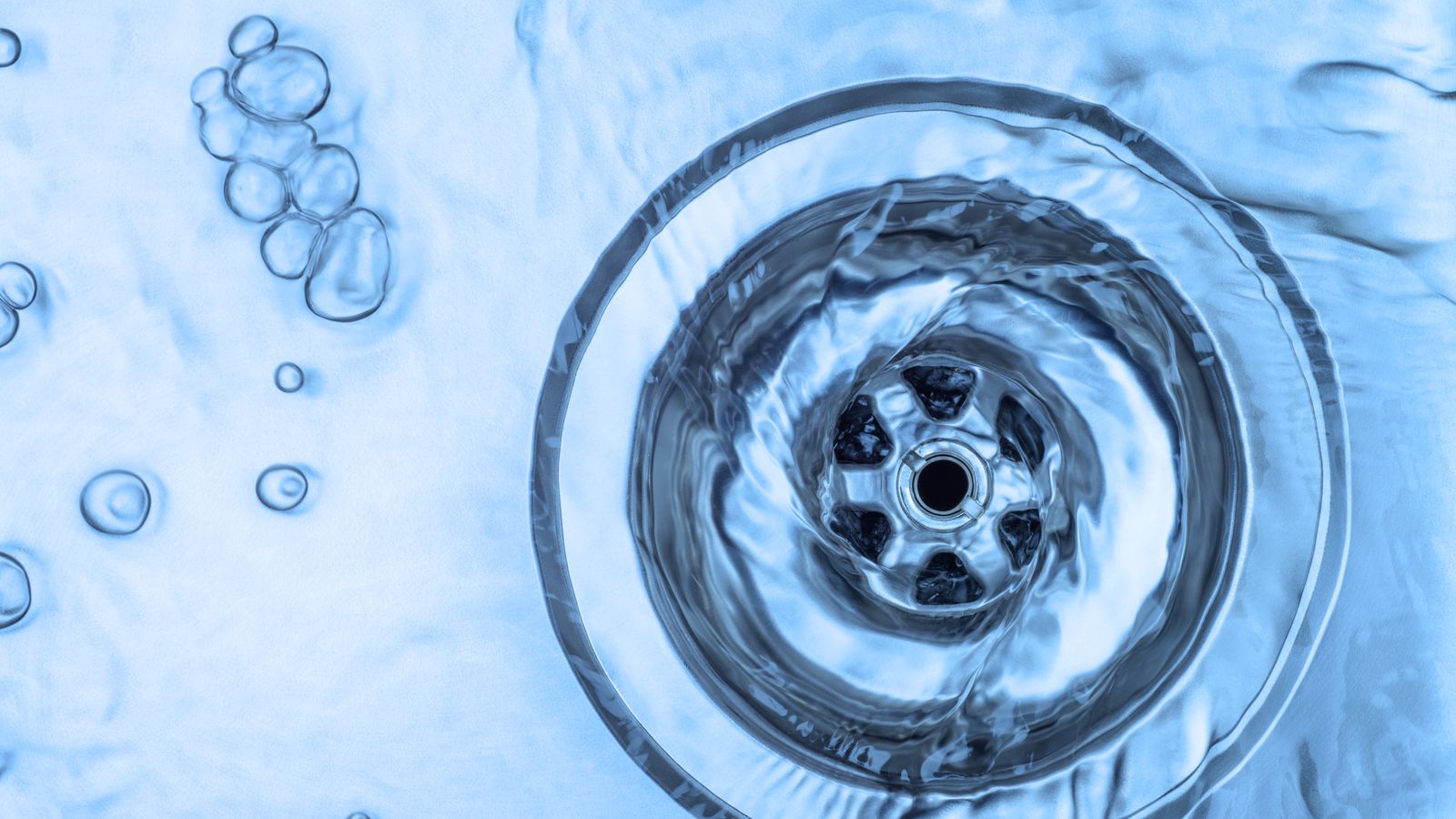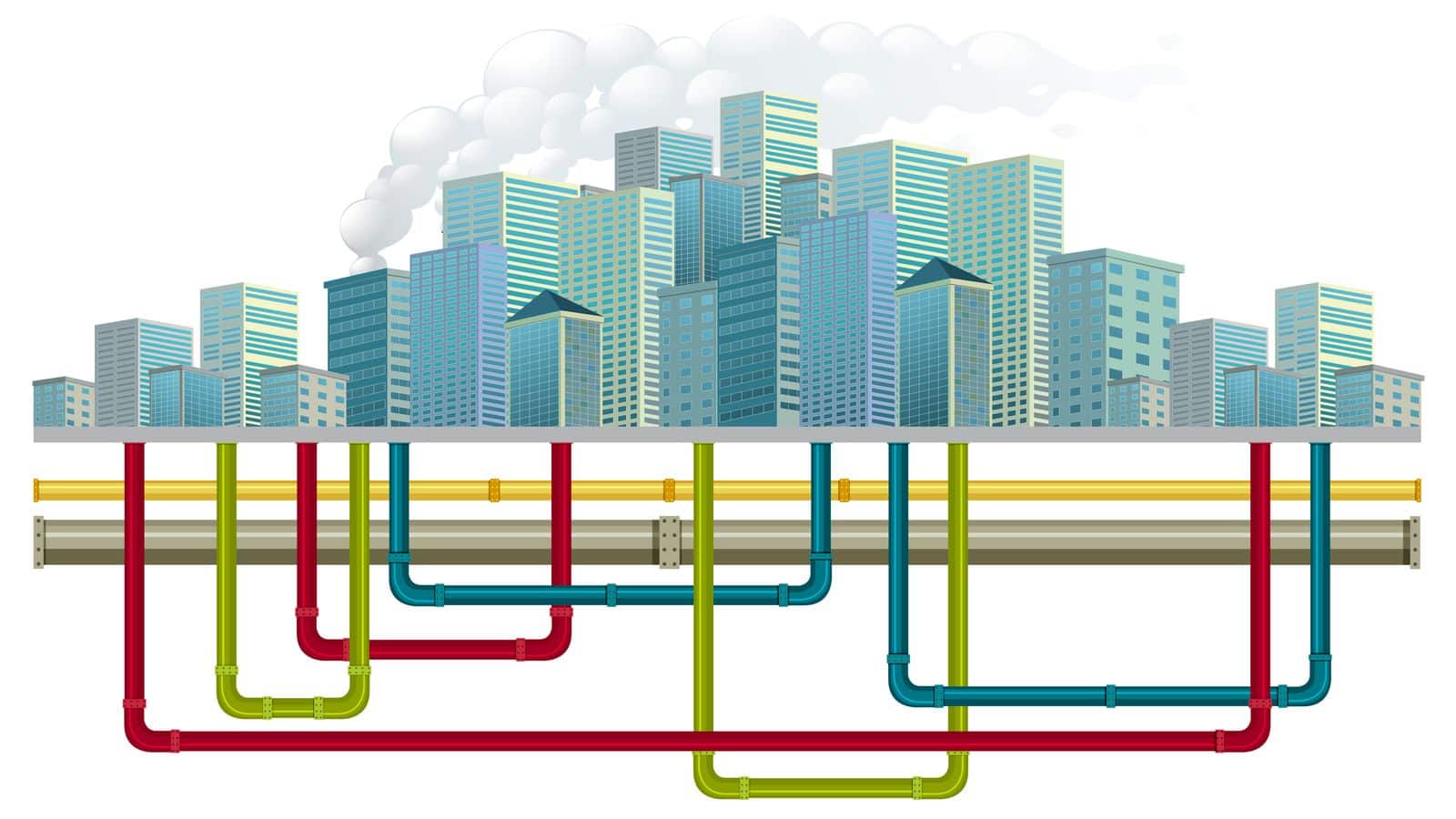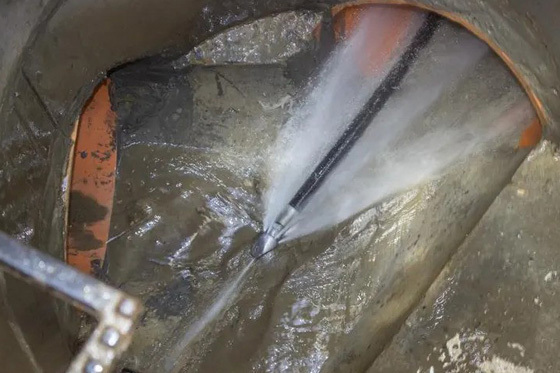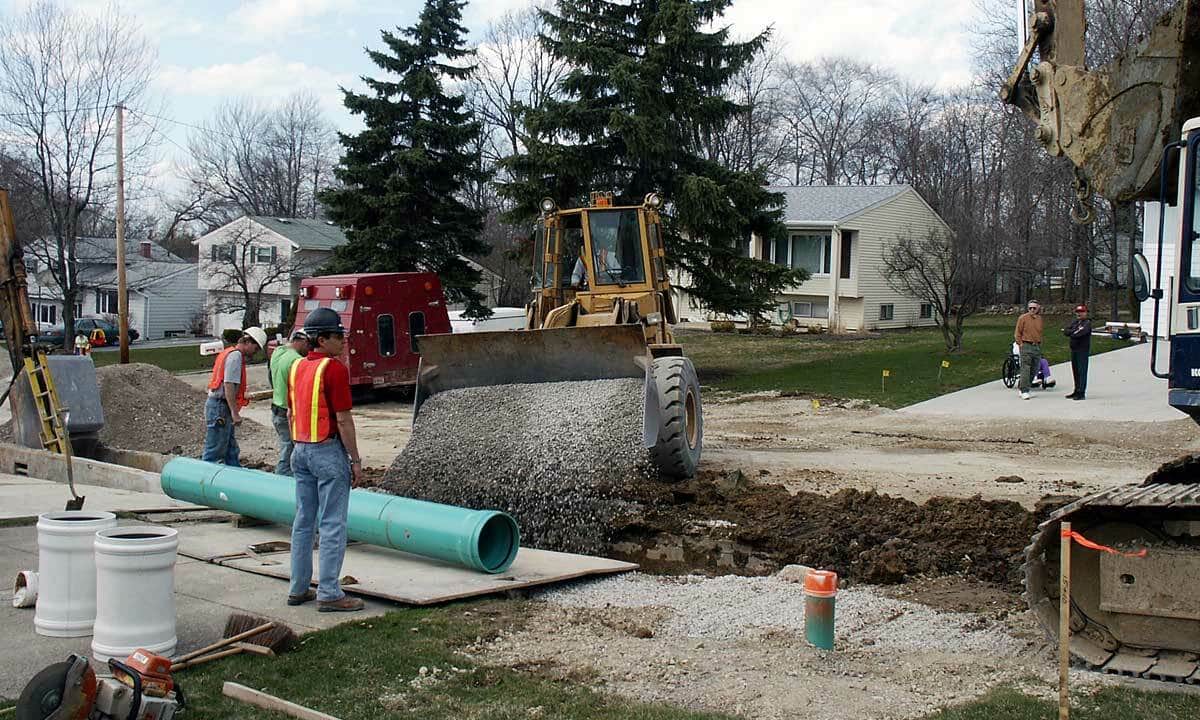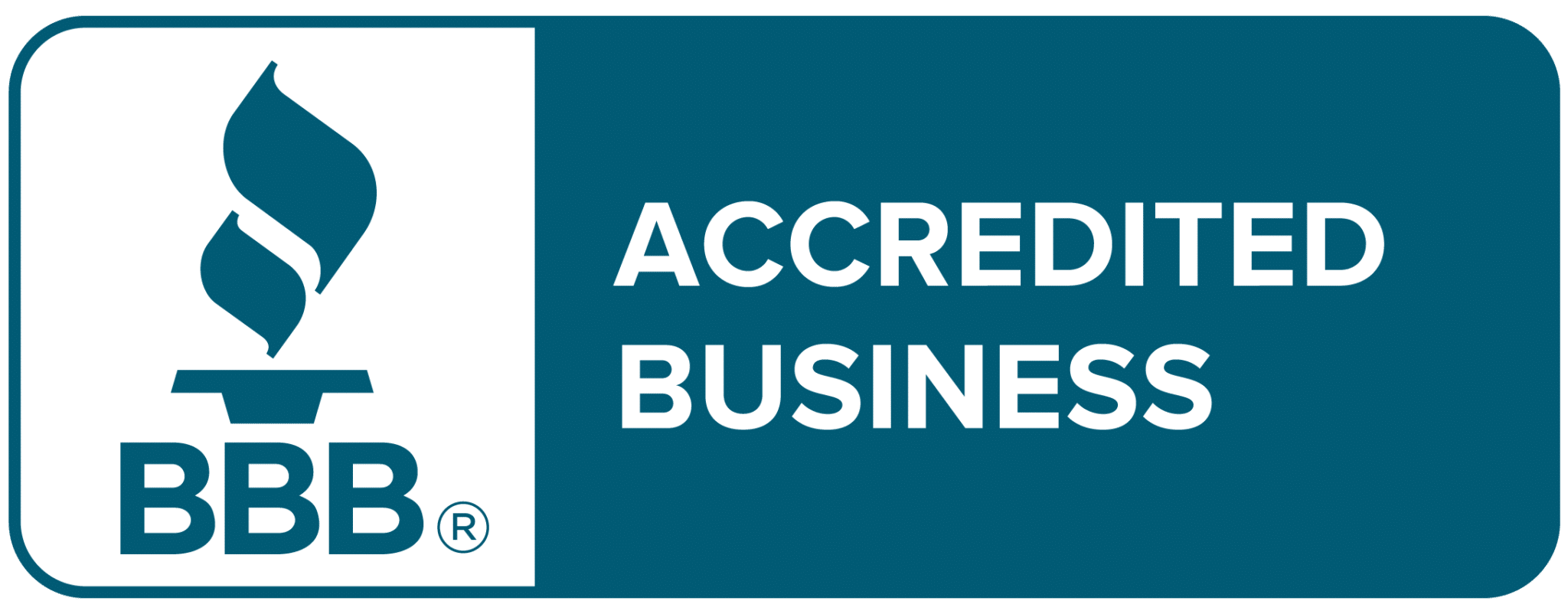Unexpected water issues can really throw a wrench in your day—one minute everything’s fine, and the next, you’re dealing with a trickle from the tap or unexplained soggy spots in the yard. It’s a hassle nobody wants to deal with. Here’s what’s happening: your main water line might be trying to tell you something. Often, it’s the everyday wear and tear—aging pipes, shifting soil, or those pesky tree roots—that lead to these problems.
At Bulldog Rooter, we’ve tackled just about every water line glitch out there (trust us, we’ve seen it all). The upside? We know how to fix these issues and get your water flowing smoothly again, so you can focus on what really matters—enjoying your home without the plumbing headaches.
What Is the Main Water Line?
The main water line is the pipeline connecting your home to the municipal water supply, delivering clean water to your faucets, appliances, and fixtures. Without it, everyday routines like drinking water, washing dishes, or showering would grind to a halt.
Typically installed underground, the main water line runs from the municipal supply, passes through a water meter that tracks your usage, and feeds into your home’s plumbing system. While built to handle the heavy demand of daily water needs, these lines can wear out or sustain damage over time.
Common Materials Used in Water Lines
Water lines are often made from copper, PVC (polyvinyl chloride), or PEX (cross-linked polyethylene). Each material has unique strengths and expected lifespans, yet all are vulnerable to environmental stress and aging.
Copper is known for its durability and resistance to corrosion. Under the right conditions, it can last more than 50 years. PVC is lightweight, cost-effective, and commonly used in newer homes. PEX is flexible and can withstand freezing, making it ideal for colder climates. However, extreme weather, soil conditions, and age can still reduce the longevity of these materials.
6 Signs of Water Line Problems
1. Decreased Water Pressure
If your shower feels unusually weak or your faucets barely deliver a trickle, there may be an issue with your main water line. Leaks, blockages, or tree roots pressing against the pipe often disrupt water flow. This is usually one of the first signs that your water line needs attention.
2. Discolored or Cloudy Water
Brown, yellow, or rust-colored water from your taps is a warning sign. Corrosion in pipes or sediment buildup in the water line often causes this discoloration. In some cases, cracks in the line could be letting dirt and debris contaminate your water supply. Using this water can pose health risks, so addressing the problem quickly is important.
3. Unusual Noises in Plumbing
Odd sounds like banging, clanking, or whistling coming from your pipes may indicate air pockets or pressure imbalances caused by a damaged water line. Persistent noises often point to cracks, leaks, or blockages that need professional attention.
4. Wet Spots in Your Yard or Home
Unexplained puddles or soggy areas in your yard—especially during dry weather—often signal a leaking water line. Water bubbling to the surface suggests the line is compromised. Inside your home, damp walls, ceilings, or floors might also indicate water leaks. Ignoring these signs can lead to structural damage or mold growth.
5. Spikes in Your Water Bill
If your water bill suddenly increases without changes in your usage, a leak in your main water line may be to blame. Even small leaks can waste gallons of water daily, driving up costs. Monitoring your water bill closely can help you catch issues early.
6. Aging Pipes
Homes with plumbing systems over 50 years old may have water lines nearing the end of their lifespan. Materials like galvanized steel or lead are especially prone to corrosion and cracking. Even copper or PVC pipes can weaken after decades of use, making repiping necessary.
Why Spring Is Ideal for Water Line Work
Spring offers ideal conditions for addressing water line problems. The milder weather simplifies excavation, and there’s less risk of delays due to frozen ground. Tackling water line repairs or replacements in spring ensures your plumbing system is ready for increased summer water use, like gardening, lawn care, or pool filling.
The Risks of Ignoring Water Line Issues
Structural Damage
Leaking water lines can erode the soil beneath your home, potentially causing foundation cracks and other structural problems. Over time, these issues can escalate, leading to expensive repairs.
Health Concerns
Contaminants like dirt, bacteria, and chemicals can enter your water supply through damaged water lines, posing health risks for your household. This is especially concerning for water used in drinking or cooking.
Increased Repair Costs
Leaving minor water line issues unaddressed often leads to more severe damage. A small leak can quickly escalate into a burst pipe, requiring costly and extensive repairs.
Water Line Replacement as an Investment
Improved Water Quality and Pressure
Replacing an old or compromised water line ensures clean, fresh water flows into your home. It also restores water pressure, making everyday tasks like washing dishes or showering more efficient.
Increased Property Value
Upgrading your main water line can make your home more appealing to potential buyers. Many homeowners value knowing the plumbing system is up-to-date and reliable.
Long-Term Savings
Modern materials are built to last, reducing the likelihood of frequent repairs. Replacing your water line now can save money by minimizing water waste and avoiding repeated fixes.
Professional Inspection and Replacement Services
Importance of Expert Assessment
Diagnosing water line problems requires a professional’s expertise. Licensed plumbers can pinpoint the source of issues and recommend whether a repair or full replacement is the best course of action.
Trenchless Replacement Options
Trenchless technology allows for water line replacement without the mess of extensive digging. This less invasive approach preserves landscaping and minimizes disruption to your property.
Choosing the Right Material
Selecting the appropriate material for your new water line is key to its longevity. A professional plumber can guide you toward the best option for your home and budget.
Don’t Let Water Line Woes Dampen Your Day—Call Bulldog Rooter!
At Bulldog Rooter, we understand that plumbing emergencies don’t always happen during business hours. That’s why we’re available 24/7, ready to tackle your water line woes whenever they arise.
Call Bulldog Rooter or email dispatch@bulldogrooter.com to schedule your water line replacement today.


